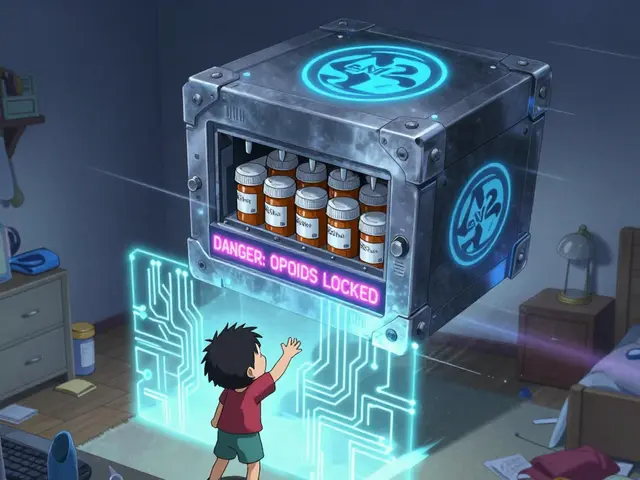Doctor Communication: How to Talk So Your Doctor Actually Listens
Good doctor communication isn't about being loud or perfect—it's about being clear and organized. A few simple changes in how you prepare, what you ask, and how you follow up can turn confusing visits into useful care plans. Read this for fast, practical moves you can use today.
Before the appointment
Write down the main problem in one sentence. That helps you start the visit strong and keeps the conversation focused. Note the top 3 symptoms, when they began, and any triggers. Bring a short list of current meds, doses, and allergies—include vitamins and supplements. If you’re seeing a specialist or switching doctors, bring a recent test result, medication list, or a quick printed timeline of your health changes.
Decide what you want from the visit: diagnosis, test, prescription, or a treatment plan. Prioritize the most important question so it gets answered first. If you use telemedicine, test your camera and mic 5–10 minutes before the call, and choose a quiet, well-lit spot with your records nearby.
During and after the visit
Start with your one-sentence problem, then ask for a plain-language explanation of what the doctor thinks is going on. Use these three questions: What is this likely to be? What are my options? What should I watch for next? If a treatment is suggested, ask about side effects, interactions with your current meds, and how long before you should expect results.
Don’t be shy about repeating things back: say, "So you want me to start X and come back in Y weeks—did I get that right?" That confirms you both understand the plan. Ask for specifics: exact dose, how often, and whether to stop or continue any other meds. If the doctor recommends tests, ask what each test will check and how the results will change treatment.
Write down or record the key points—most phones can record audio if you ask permission. Get follow-up instructions in writing: next appointment date, who to call for side effects, and when to seek urgent care. If a prescription or referral is needed, ask when it will be sent and where it’s being sent so you can follow up if it doesn’t arrive.
Use patient portals. Message your doctor with short, focused questions instead of long stories. That creates a written trail and saves time. If you disagree or feel your concerns weren’t heard, ask for a second opinion or a scheduled follow-up to discuss alternatives.
Small habits change outcomes: prepare a one-line problem, bring a meds list, ask three clear questions, confirm the plan, and use the portal for follow-up. Try these next time—better talks mean fewer surprises and smarter care.





